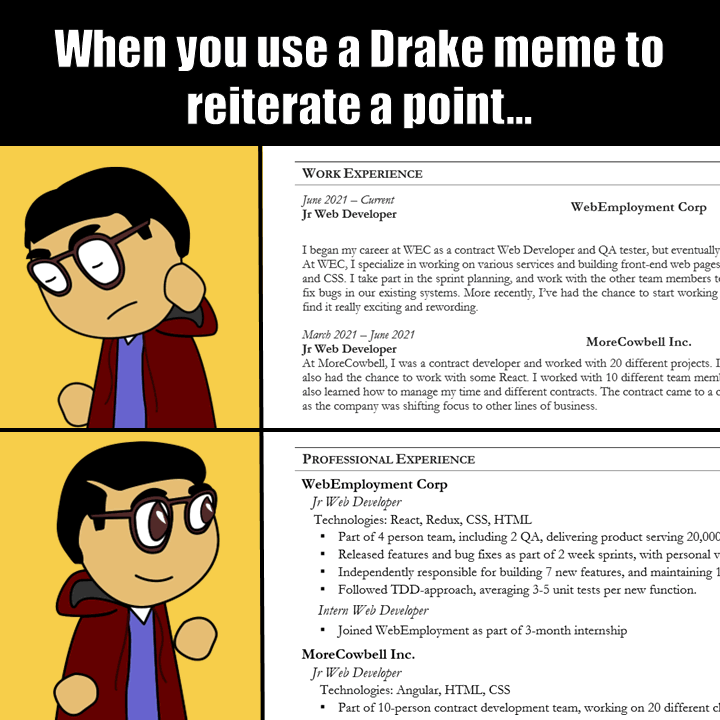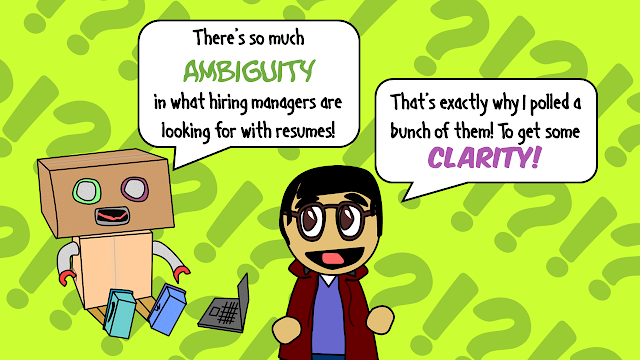The Toaster Problem
For years, in talks ranging from first graders through to college students, in conversations or in job interviews, I've asked a question. It's asked like a riddle but there's no "right" answer. It's purely to help elicit conversation and see how someone approaches a problem for which they couldn't have prepared.
It's your first week on the job. Your new boss calls you the Sunday night before you start, and asks for you to be in at 8:55am to put a slice of bread in the toaster and have some toast ready for him for when he comes in at 9am. It's an odd request, but you've always wanted to work at that company so you oblige him. Monday, you make the toast and other than that one peculiarity, it's an amazing first day at work. The rest of the week plays out that way - until Friday, the toaster isn't toasting. It's 8:58, and the toaster still hasn't finished toasting. What do you do next?
Despite having no right answer, there are better approaches than others. In the video above one of the students immediately called one of the very most important first steps: starting small, and checking the basics first.
Interestingly, I've found that children are much faster to start with the basics than adults. My guess is that the depths of knowledge that younger children have about a toaster is fairly limited (they won't think to examine the coils, or even the breaker.) The extent of their knowledge forces them to look at the obvious. It's all they know.
Adults often get tripped up by context of the question. The problem is filled with distractions. A new job, a high-maintenance new boss with a peculiar request, the desire to appear self-sufficient and resourceful, the need to impress, the fear of unemployment. People will over-complicate the problem for themselves, or suffer from analysis-paralysis.
Often we want the problem to be more complicated than it is. It couldn't possibly be something obvious - and in trying to save time, we end up wasting more time by skipping the critical first steps.
In other contexts, adults will focus on the virtue of proactive communication: "I'd call you right away so you can make alternative arrangements."
This is a great answer, but it still jumps the gun: imagine the frustration of the boss who, after having to make an extra stop to pick up their toast, comes in to see the problem was an unplugged toaster. The problem with this approach is all too common: people asking questions without having done the initial legwork. It's why the funny Let Me Google That For You website is both funny and true.
As a coder, I've seen this problem in many ways: With developers rushing to test all sorts of complicated issues, and skipped the very first set of basics.
The moral is: When you encounter a problem. Pause. Check the basics. Check them again, even. It may seem like a waste of time, but always remember the Pareto Principle: 80% of consequences come from 20% of causes.
Edit: In an interesting coincidence, I just learned the great Scott Hanselman uses this same toaster example. His approach is slightly different, but also a worthwhile listen.




